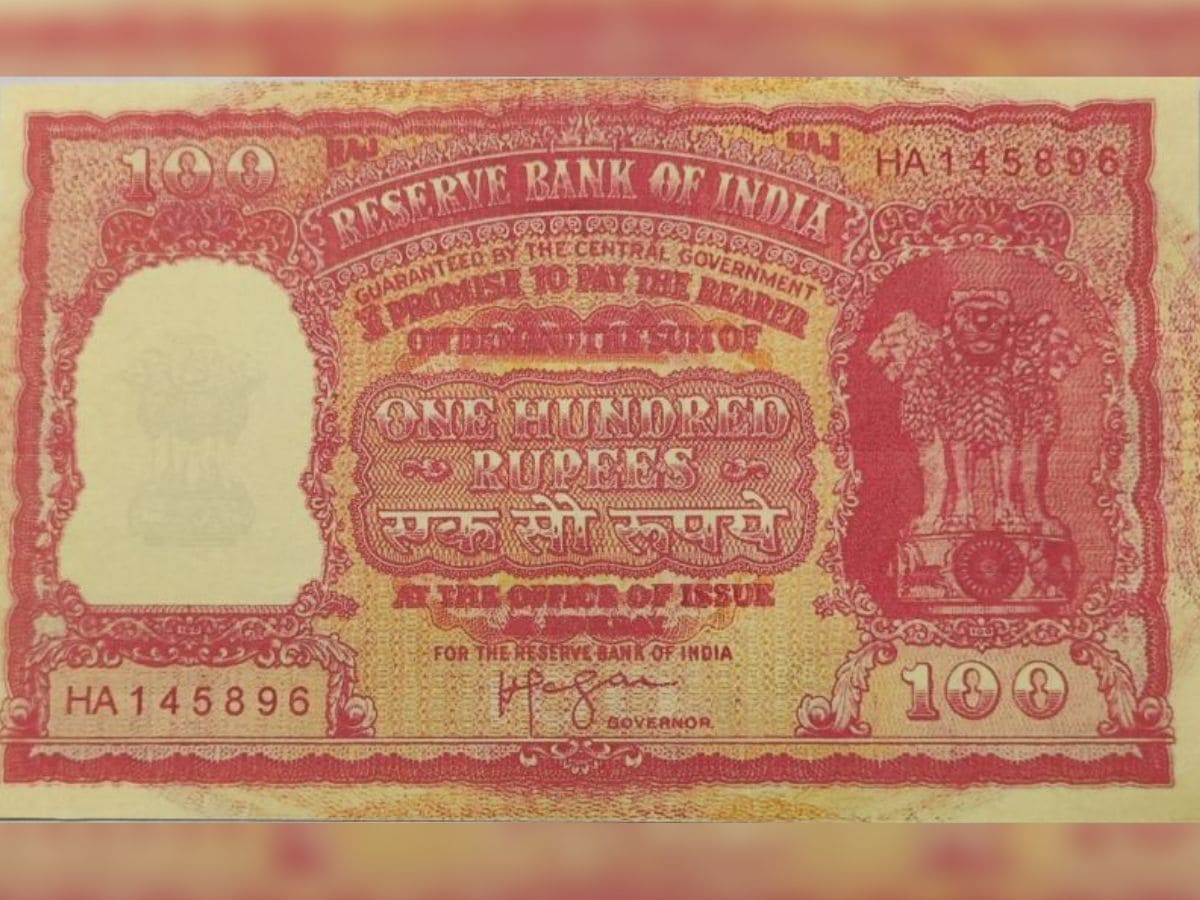
In an auction in London, a Rs 100 ‘Haj note’ note was sold for an incredible Rs 56,49,650.
This unique note which was issued by the Reserve Bank of India (RBI) in the 1950s bears the serial number HA 078400.
What makes ‘Haj note’ special?
The note belong to a distinct series known as the “Haj Notes.”
These were introduced by the RBI during the mid-20th century to facilitate Indian pilgrims traveling to Gulf countries for the Haj pilgrimage.
The key purpose of these notes was to prevent the illegal purchase of gold using regular Indian currency.
Features
These notes had a special ‘HA’ prefix that makes them easily distinguishable from standard currency notes.
Moreover, the notes featured a distinct color scheme compared to regular Indian currency notes.
While they were legal tender in Gulf countries like the United Arab Emirates, Qatar, Bahrain, Kuwait, and Oman, they were not valid for use within India.
Discontinued in 1970s
The issuance of Haj notes began as a measure to regulate currency use during pilgrimages.
In 1961, Kuwait introduced its own currency. As soon other gulf nations also introduced their currencies, the need for these notes gradually reduced.
By the 1970s, the issuance of Haj notes was completely discontinued.
Due to their historical and cultural significance, today, these rare notes are highly sought after by collectors.



